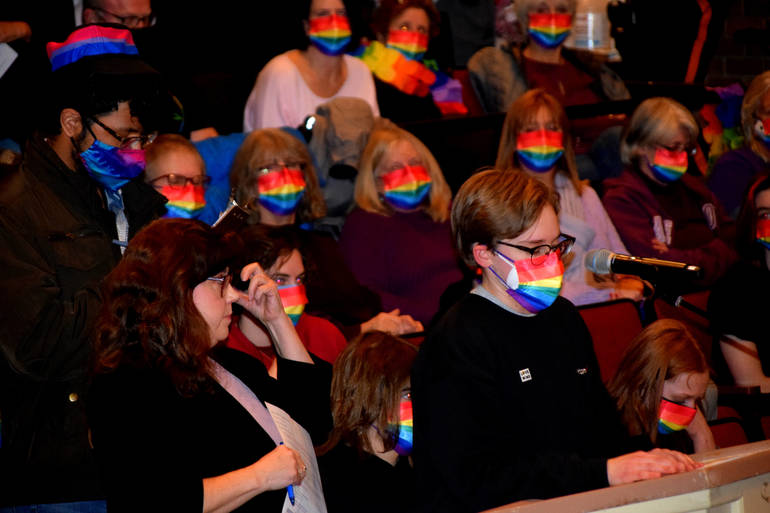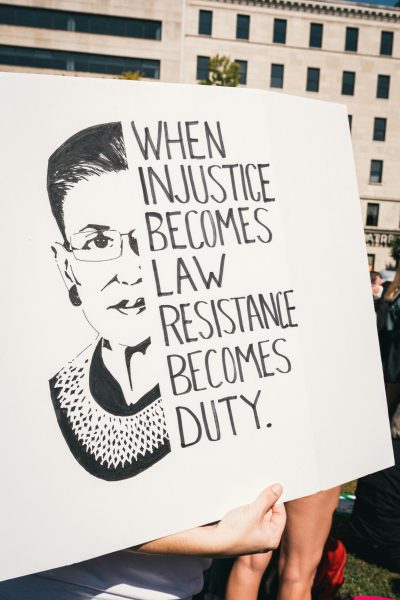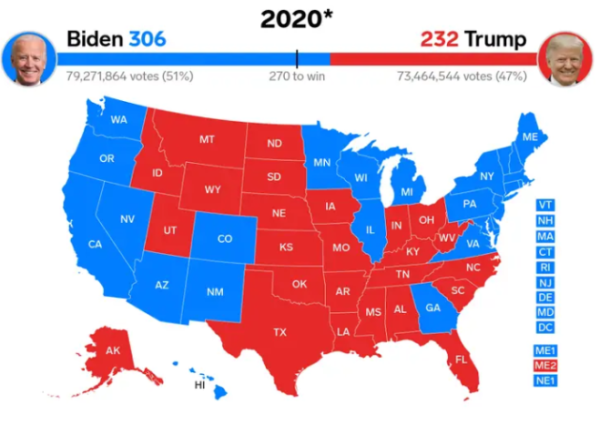Do You Hear The People Sing? – The Threat Of Book Bannings
“The questions that I had for myself, whether it was questions about my gender or my feelings towards the boys and girls around me, it never felt like I could get answers to”, senior Rigo Salvatierra told the Board Of Education on the night of February 28th. Rigo and many other LGBTQ+ students came and spoke at the meeting in protest of Team PYC, who were calling for the banning of LGBTQ+ books from our library. This wanting of banning books comes a few weeks after North passed a vote to veto the banning of several LGBTQ+ books in a 7-2 decision.
One of the members of Team PYC claimed that “…treating everyone equally does not mean that our deeply held religious beliefs are discriminated against. We’re worried that the glorification of the LGBTQ+ history and the way you are now including indoctrination into everyday lesson plans and the new health curriculum is teaching lifestyles that stand 100% against our family values, and the way we practice our faith.”
The concern about LGBTQ books and ciriculumm comes at the recent rise of anti-LGBTQ legislation in states like Texas and Arkansa. Not only that, but many of the banned books in the past few years have mostly been LGBTQ+ books. So when the threat of book bannings makes its way towards our school, a divide in ideology is formed in the community.
On other side of the divide, people see the inclusion of LGBTQ+ books as progress towards equality. It also allows people who are questioning their identity a way to explore and become comfortable with themselves. As Rigo put it, “I felt inadequate and small, as if when God said He made no mistakes, that I must have been His exception. So I turned to the library. I turned to novels set in magical schools, fantastical settings where history meets the present day, and love stories where the lines of gender blurred.”
A lot of people believe that the question at the heart of this divide is ‘Does teaching LGBTQ+ content hurt the religious beliefs of people who go against the teaching?’ and ‘Does the removal of LGBTQ+ content hurt the growth of the LGBTQ+ students?’ For the latter, it does. Once again quoting Rigo, “Which is why when I hear those who feel like books like these should be removed from libraries, that familiar inadequacy and smallest sneaks back in.” Removing the ability to learn oneself is the biggest harm to emotional growth. In religion, it’s through those religious texts and practices that allows someone to learn about themselves and grow. LGBTQ+ books do not replace how everyone else should learn about themselves, but removing LGBTQ+ books replaces how LGBTQ+ people can learn about themselves.
It’s not a question of if certain teachings are hurting a certain group or not. It’s a question of how it hurts the individual who’s interested in themselves. Everyone deserves a right to learn about themselves, and be comfortable in their own skin as long as it does not lead to the harm of other people. Freedom of thought is a basic human right, so exploring the way people think about themselves seems like a natural extension of that right. Freedom of knowledge and books does not mean you have to read those books, it just offers the choice to do so or not. So when a book is banned, it is not just the ideals of the book that are blocked, but how those ideals are interpreted. And that interpretation, how people understand those lessons and themselves, is what’s being lost. That’s the true dangers of the threat of book bannings.
LGBTQ+ books aren’t existing to just push an agenda, they exist to start an internal and external conversation, much as religious texts are used for internal and external conversation. What makes one more important than another? Nothing. Books are vessels for lessons and ideals that make it so that all conversations, including internal, external, societal or communal, can be had, because they deserve to be had.





